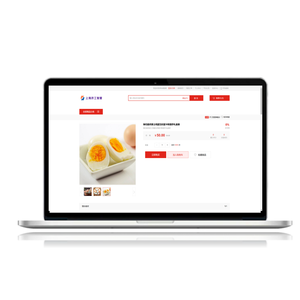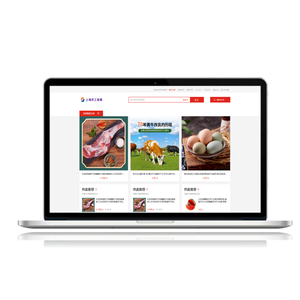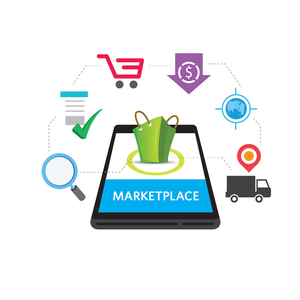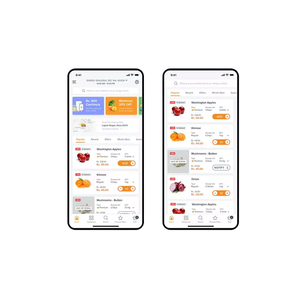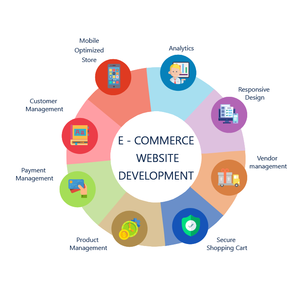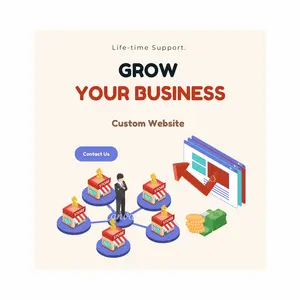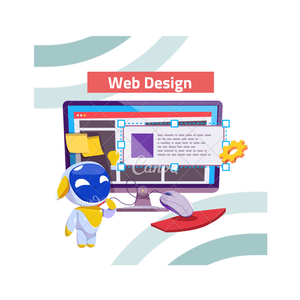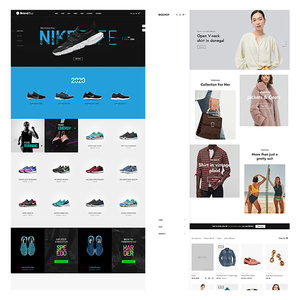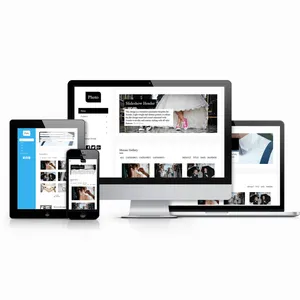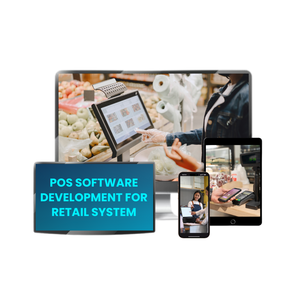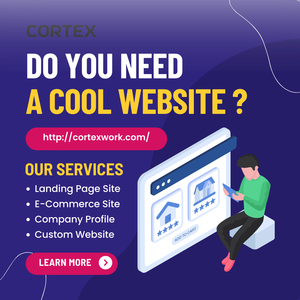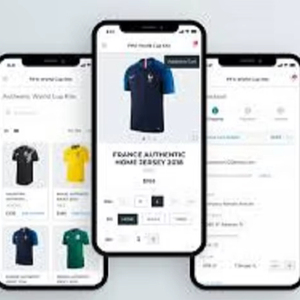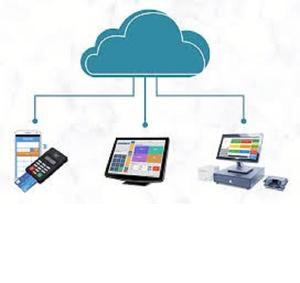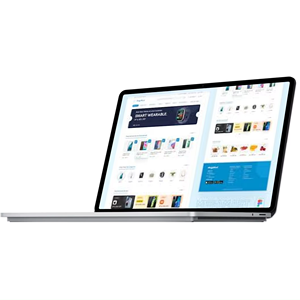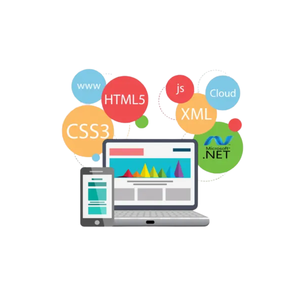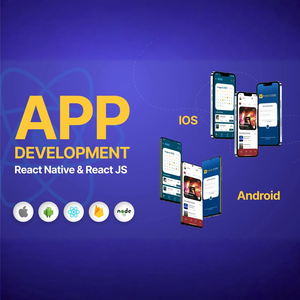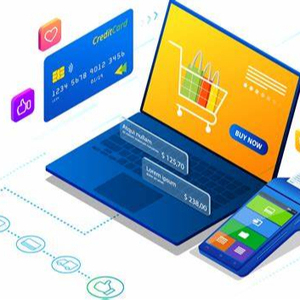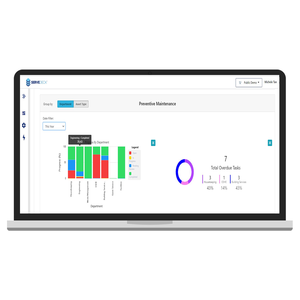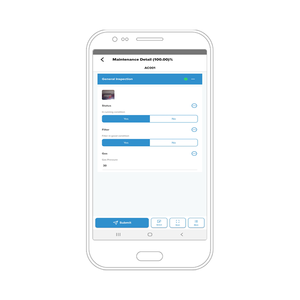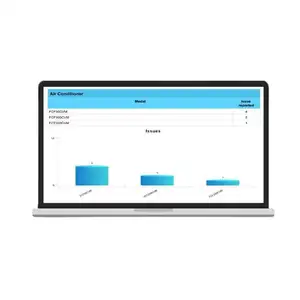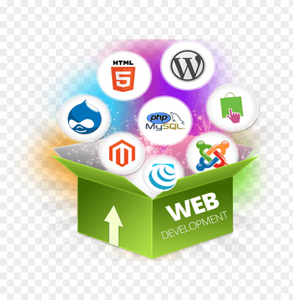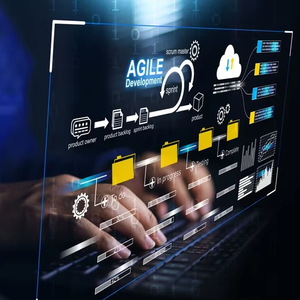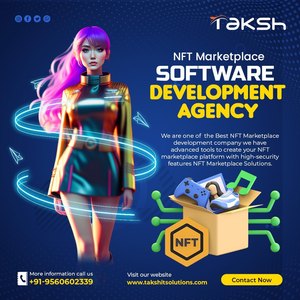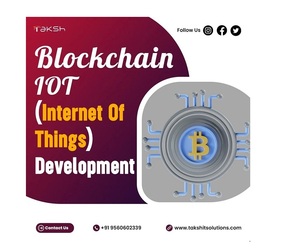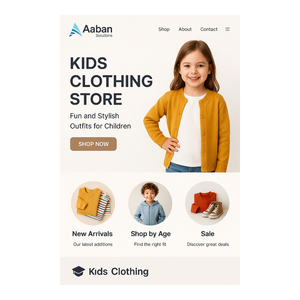Internet Retailing Example

 CN
CN



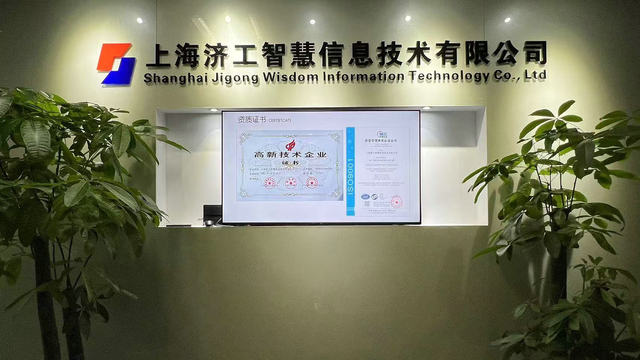

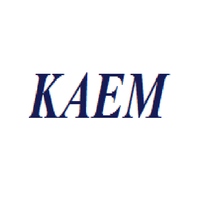











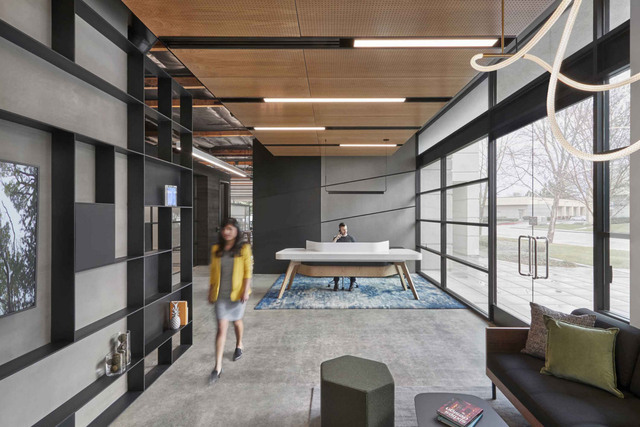







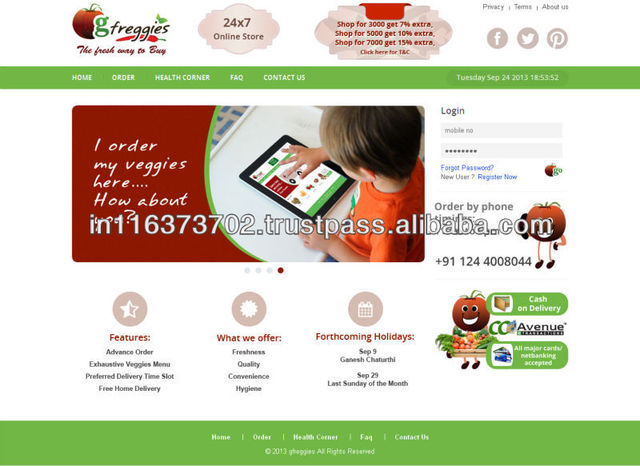

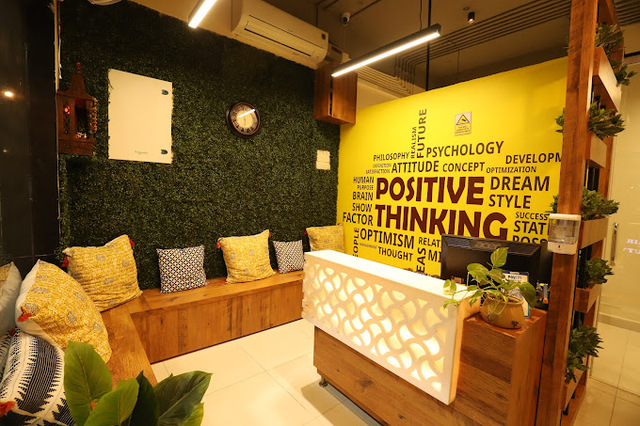



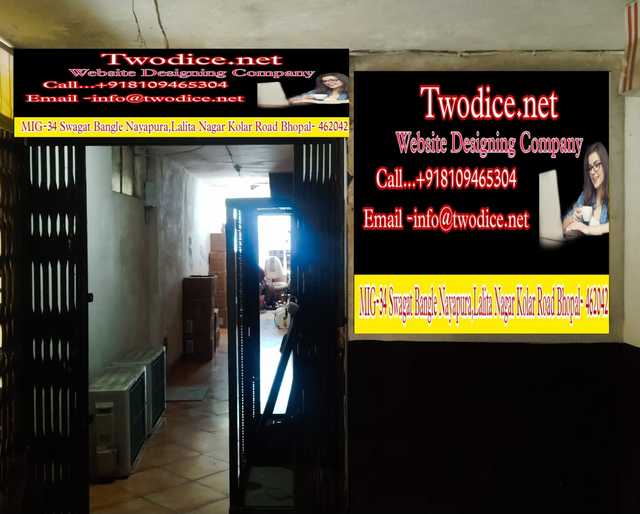

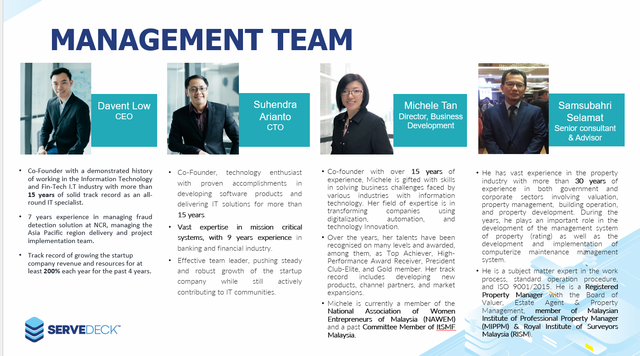



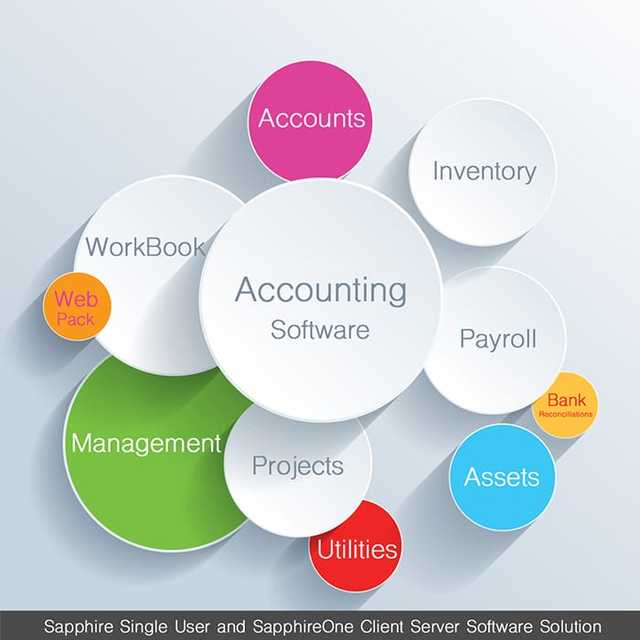

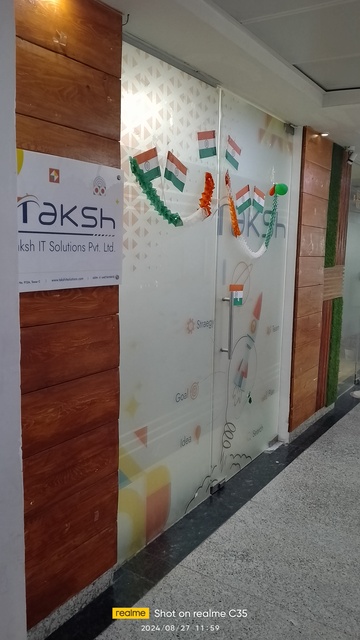

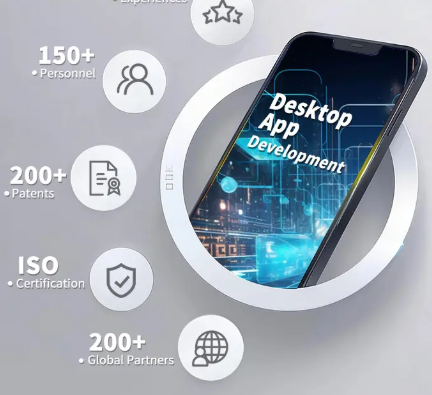


About internet retailing example
Where to Find Internet Retailing Solution Suppliers?
The global market for internet retailing solutions is concentrated among specialized software development firms in China and India, with key suppliers operating from Shanghai, Delhi-NCR, and Guangzhou. These regions host mature IT ecosystems that support rapid deployment of e-commerce platforms, mobile applications, and integrated POS systems. Shanghai and Guangzhou leverage proximity to hardware manufacturing hubs, enabling seamless integration between online storefronts and physical point-of-sale infrastructure. Meanwhile, Indian suppliers based in Hyderabad and Noida benefit from a deep pool of English-speaking developers, offering scalable custom development at competitive hourly rates averaging $25–$40.
Suppliers in these clusters typically operate agile development frameworks with CI/CD pipelines, allowing delivery of minimum viable products (MVPs) within 4–6 weeks. Buyers gain access to full-stack capabilities—including UI/UX design, backend architecture, payment gateway integration, and cloud hosting—often bundled with post-launch technical support. Cost efficiencies stem from localized talent pools and standardized product templates, reducing development time by 30–50% compared to Western agencies. Lead times for fully customized e-commerce websites range from 60 to 90 days, while pre-built software packages can be deployed within 7–14 days.
How to Choose Internet Retailing Solution Suppliers?
Prioritize the following evaluation criteria when selecting technology partners:
Technical Capability Verification
Confirm expertise in core technologies: React/Vue.js for frontend, Node.js or Django for backend, and cloud deployment on AWS, Alibaba Cloud, or Google Cloud. For enterprise clients, verify experience with ERP integrations, multi-vendor marketplace logic, and PCI-DSS compliant payment processing. Request code samples or GitHub repositories where available.
Development Process & Infrastructure Audit
Assess operational maturity through:
- Minimum team size of 10+ developers with documented SDLC (Software Development Life Cycle) practices
- Use of version control (Git), automated testing, and project management tools (Jira, Trello)
- Demonstrated ability to deliver responsive web designs compatible with WCAG accessibility standards
Cross-reference response times (target ≤10 hours) with on-time delivery records to assess reliability.
Transaction Security & Post-Sales Support
Require milestone-based payments secured via escrow services. Prioritize suppliers offering at least 3 months of post-delivery bug fixing and documentation handover. Evaluate customer service responsiveness through direct inquiry tests and review history of revisions or dispute resolution. Ensure source code ownership is explicitly transferred upon final payment.
What Are the Best Internet Retailing Solution Suppliers?
| Company Name | Location | Product Range | Starting Price | Min. Order | On-Time Delivery | Avg. Response | Revenue Visibility | Core Specialization |
|---|---|---|---|---|---|---|---|---|
| Shanghai Jigong Intelligent Information Technology Co., Ltd. | Shanghai, CN | 3 | $800 | 1 piece | 100% | ≤10h | Not disclosed | E-commerce website development, agricultural product malls, mobile apps |
| KAEM SOFTWARES PRIVATE LIMITED | Telangana, IN | 5 | $95 | 1–2 units | Not disclosed | ≤2h | US $8,000+ | Retail POS software, online billing systems, enterprise SaaS solutions |
| KAEIZO SOLUTION | Karnataka, IN | 5 | $98.50 | 2 units | Not disclosed | ≤15h | Not disclosed | Grocery delivery apps, multi-seller marketplaces, takeaway platforms |
| WiseTech Informatics | Gujarat, IN | 5 | $300 | 1 piece | 33% | ≤4h | US $100+ | WordPress-based e-commerce sites, official brand portals, wholesale platforms |
| INNOJS INFOTECH PRIVATE LIMITED | Kerala, IN | 5 | $499 | 2 units | Not disclosed | ≤10h | Not disclosed | ERP development, retail chain management software, stock e-commerce websites |
Performance Analysis
Shanghai Jigong stands out with a verified 100% on-time delivery rate and higher-value offerings starting above $800, indicating focus on mid-tier to premium projects. Indian suppliers dominate response speed, with KAEM SOFTWARES achieving sub-2-hour average replies—critical for iterative development cycles. KAEM also reports the highest visible transaction volume (US $8,000+), suggesting consistent order flow. INNOJS INFOTECH targets business clients needing ERP-integrated retail systems, with pricing structured for scalability across multiple store deployments. WiseTech offers entry-level WordPress solutions but carries a low on-time delivery record (33%), signaling potential fulfillment risks despite fast communication. Buyers seeking rapid MVP launches should prioritize suppliers with template-driven models; those requiring deep customization must validate technical depth through live demos and contract milestones.
FAQs
How to verify internet retailing solution supplier reliability?
Cross-check claimed development capabilities with portfolio reviews and client references. Request screenshots of admin panels, backend dashboards, or functional test environments. Analyze transaction patterns—consistent small orders may indicate reselling rather than original development. Verify company registration details and ensure contracts include IP assignment clauses.
What is the typical lead time for custom e-commerce platforms?
Standard custom websites take 60–90 days from requirement finalization to launch. Simpler stores using pre-built themes can be completed in 30 days. Mobile app integration adds 20–30 days. Expect additional time for third-party API integrations (payment gateways, logistics tracking).
Can suppliers provide ongoing maintenance and updates?
Most suppliers offer post-launch support packages ranging from 3 to 12 months, covering bug fixes and minor feature adjustments. Long-term maintenance is typically billed hourly or under annual service agreements. Confirm SLAs for issue resolution (e.g., 24–48 hour response for critical bugs).
Do suppliers support multilingual and multicurrency setups?
Yes, reputable developers include i18n (internationalization) frameworks in their builds. Features such as dynamic currency conversion, RTL (right-to-left) language support, and localized tax rules are standard in modern e-commerce platforms. Confirm compatibility with target-region payment methods (e.g., Alipay for China, UPI for India).
How to initiate customization requests?
Submit detailed specifications including required features (product filters, user roles, inventory sync), preferred tech stack, design references, and integration needs (CRM, accounting software). Top suppliers respond with functional requirement documents, timelines, and wireframes within 5–7 business days.
